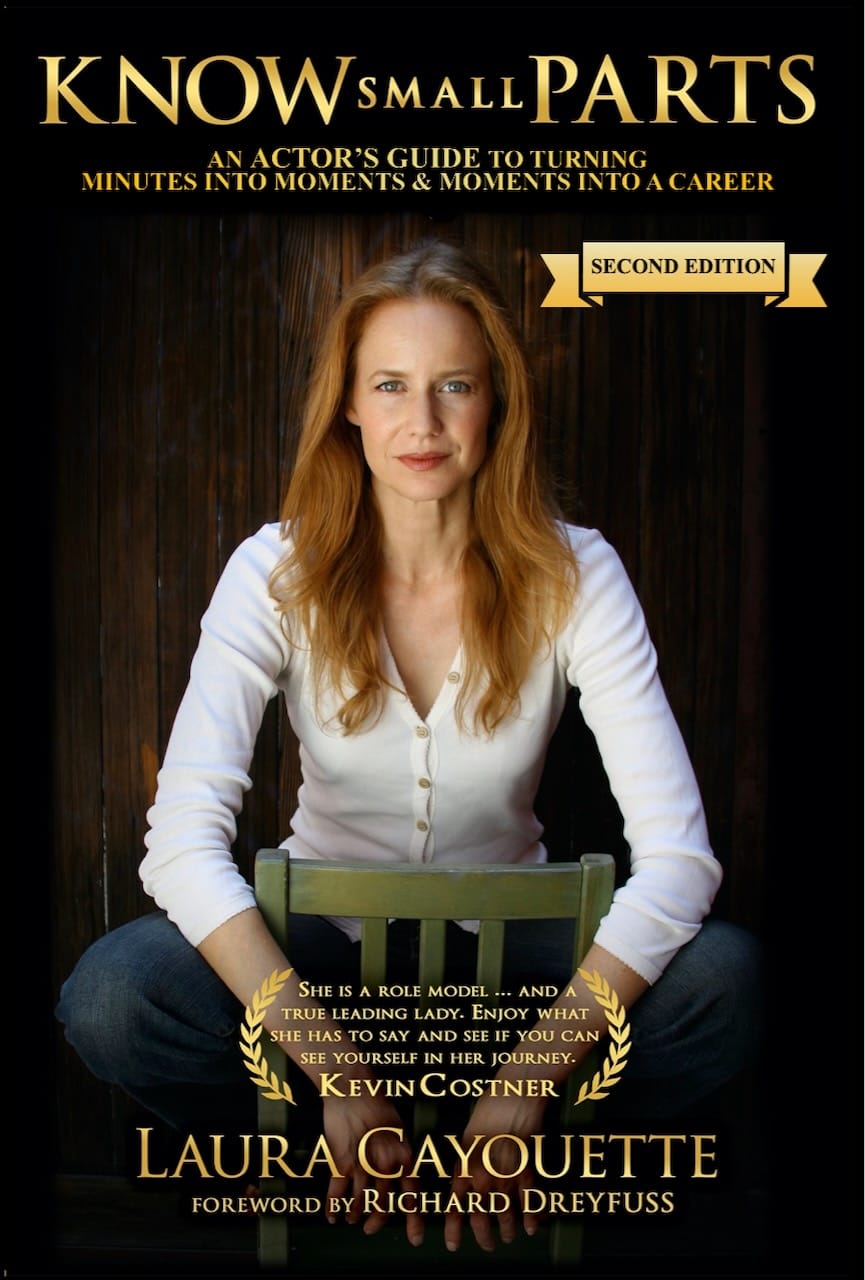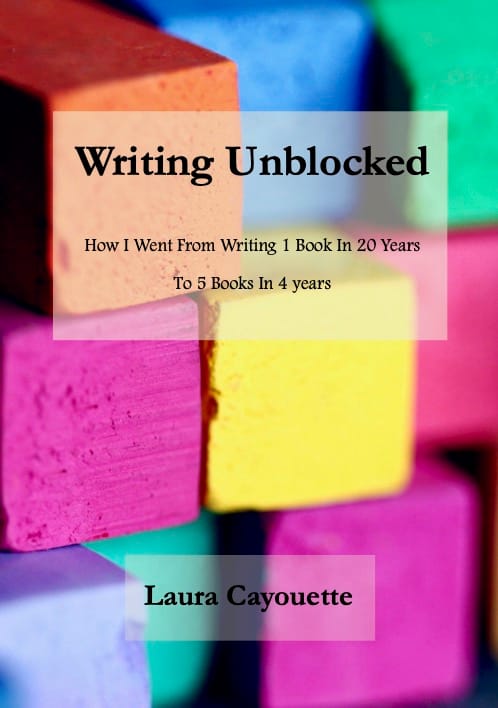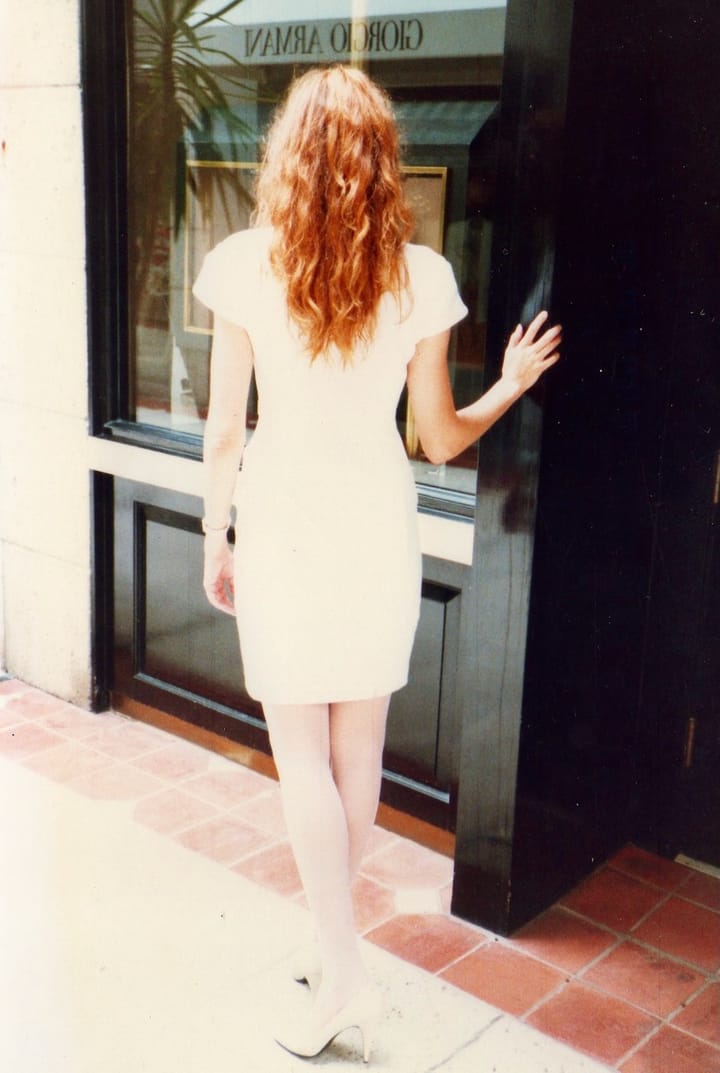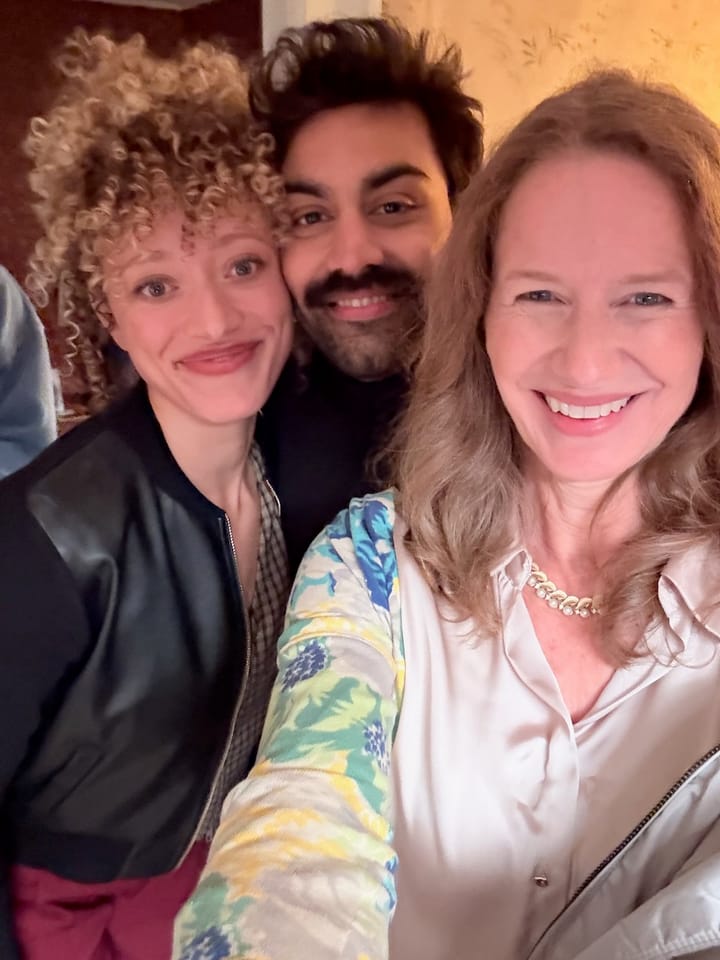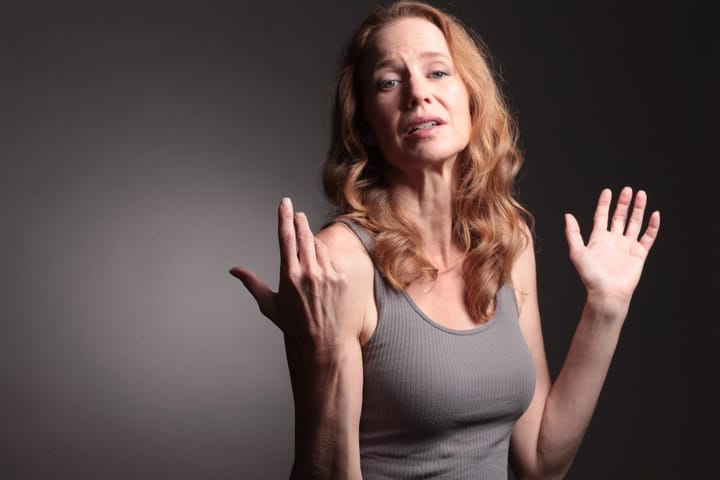Targeting your "type"

The word "type" is seen by many as a fence around what roles might be right for an actor – without regard to their acting ability and range. In many ways – that's accurate. People who are taller are less likely to land the role of a jockey, just like people who are shorter are less likely to get the role of a basketball player. But a type doesn't have to be a bad thing.
We are the product/service
Acting is different from most jobs in so many ways, but this difference is a big one – we are the thing we're selling, the great idea that gets pitched. Salespeople have cars, food, and other goods/services to sell. Even politicians have a platform and a party to sell when they ask you to choose them.
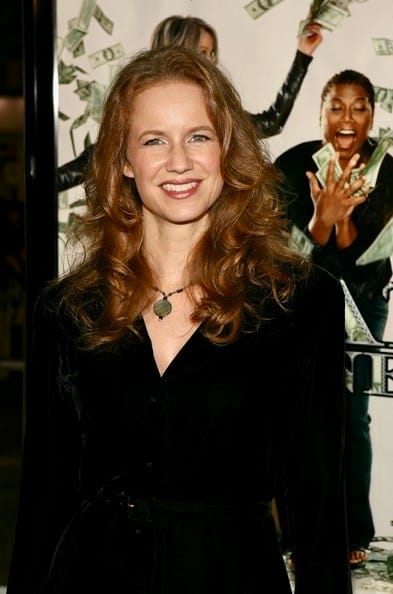
Actors are all given the same material when we audition. What we're selling is our look, our vibe, and our "take" on the material – our ideas.
Know what you're selling
We all have an impression we give others based on things like our age, body shape, ethnicity, gender, coloring, personal style, and more. More than ever, there is work for every type of actor, but each of us has our own "sweet spot" – the impression most people get when they see us for a role.
Subscribe to the Know Small Parts Newsletter and get Chapter 2 – Breaking Down the Scene of my book as my gift to you!
Part of what you're selling isn't visible in photos. You are also promoting your work ethic, your skills and talents, and your unique way of seeing the world and the people in it.
BUT, first impressions are usually more like judging books by their covers.
Know how we see you
By the time I started studying acting at the American Academy of Dramatic Arts in New York, I'd already gotten a master’s degree (in creative writing/English literature) and taught college in that department. I thought I’d probably play a lot of young professionals – lawyers, doctors, money managers, politicians, etc. I was athletic so I hoped some of these young professionals would be action heroes, astronauts, spies, and other fun characters.
Get a subscription to the Writing Unblocked Newsletter and get the Writing Unblocked ebook as my gift to you!
But I wasn't paying attention to the way the world saw me. I paid for college by being a nightclub D.J. and a model. I did beauty pageants and bikini contests. The good news was that meant that I was often being paid to be seen – something I should've noticed sooner! The other news was that the world saw me as... the one you put in a bathing suit.
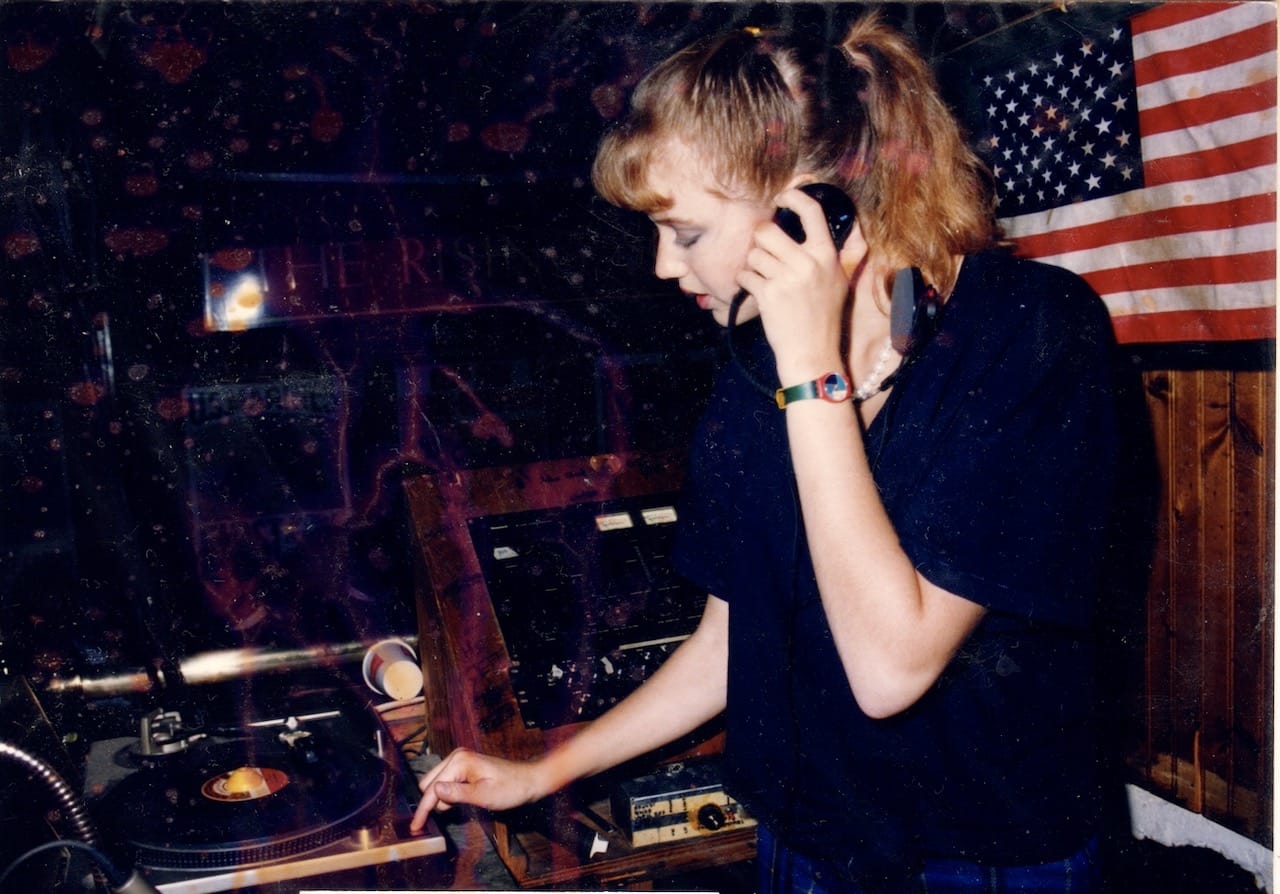
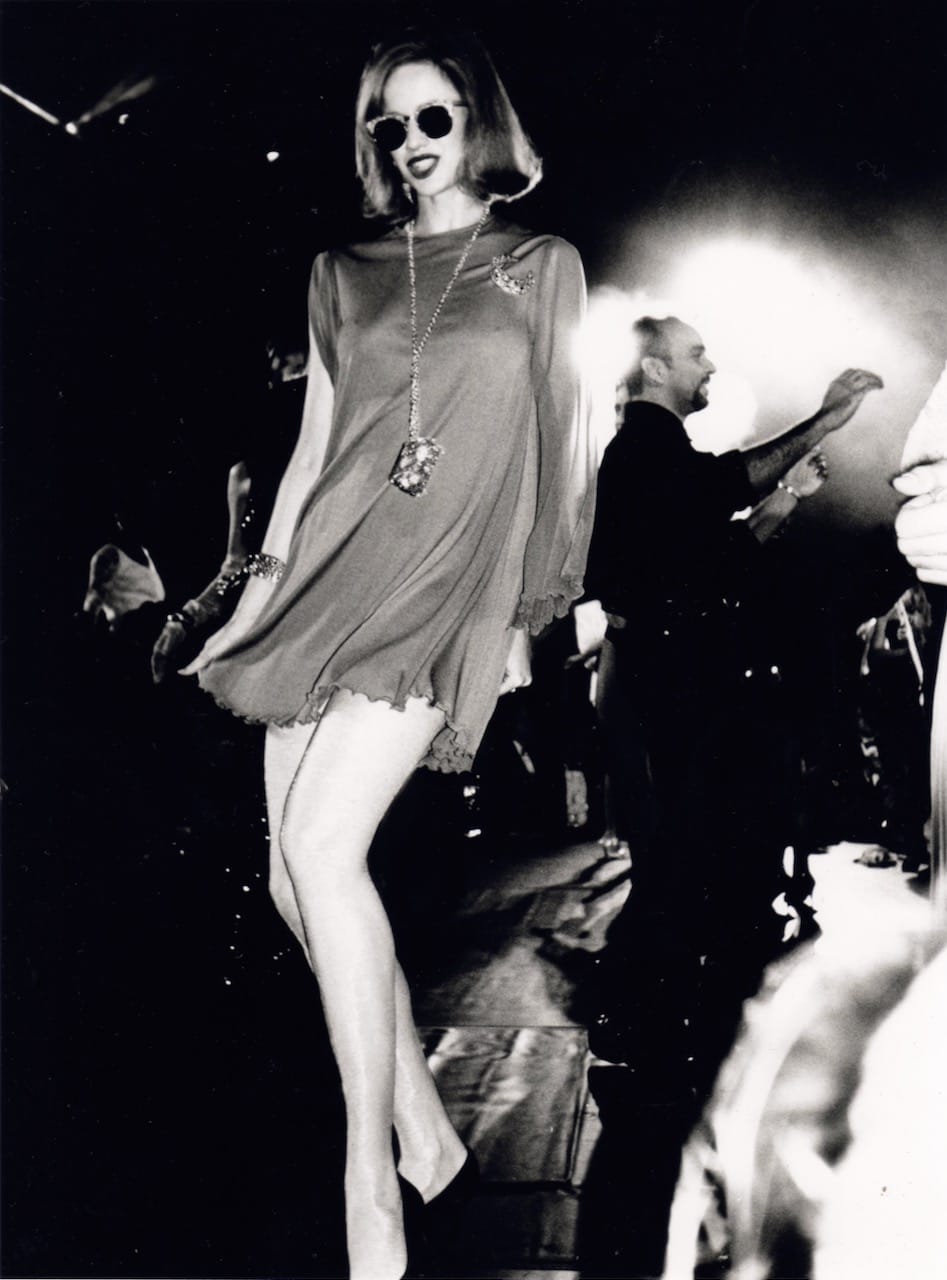
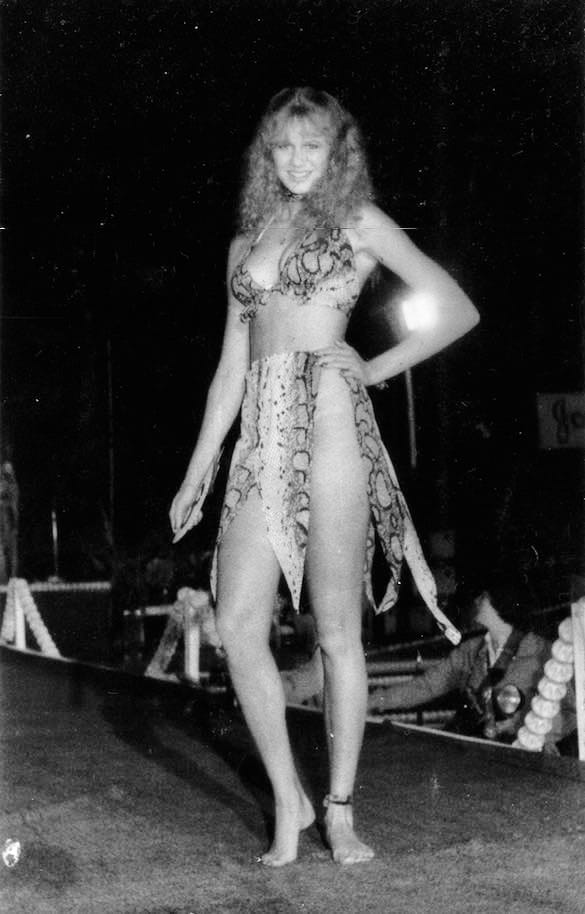
D.J.ing, modeling, beauty pageant
I also looked deceptively young. While teaching college, I wore my hair up and donned fake glasses in hopes that my colleagues in the teacher's lounge would quit giving me directions to the student lounge.
Bottom line – I may have been perfect to play a scientist from a personality/reality point of view, but it wasn't how people saw me. Until fairly recently, I spent much of my career in underwear, bathing suits, and crop tops. The part of me that got a master's in 10 months, and the part who paid bills by strutting catwalks – are both me. But only one of those versions of me was obvious from across a crowded room. Casting is a crowded room.
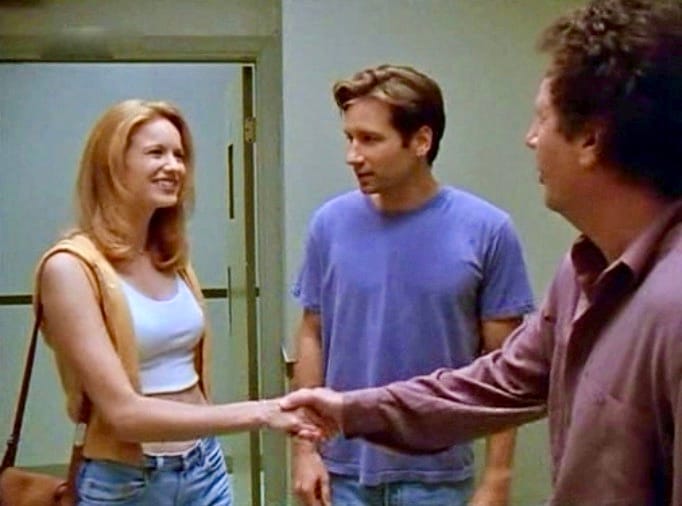
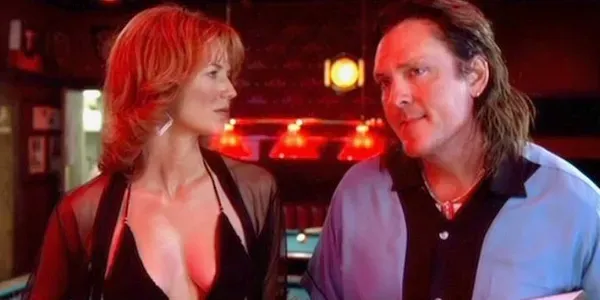
The Larry Sanders Show, Kill Bill
Figuring out your type
There are a few ways to figure out how casting might see you. The most reliable way is to look at your own resume. If you got the part – you can play that type.
Subscribe to the Know Small Parts Newsletter and get Chapter 2 – Breaking Down the Scene of my book as my gift to you!
If you haven't been cast much yet, or if your type is changing (see more about this, typecasting, & more in my next post), a simple exercise can put you on track.
CASTING EXERCISE
This exercise is meant to be fun. Though the information is vital, this task can be a great exploration of yourself so try not to edit your thoughts until after you write things down.
